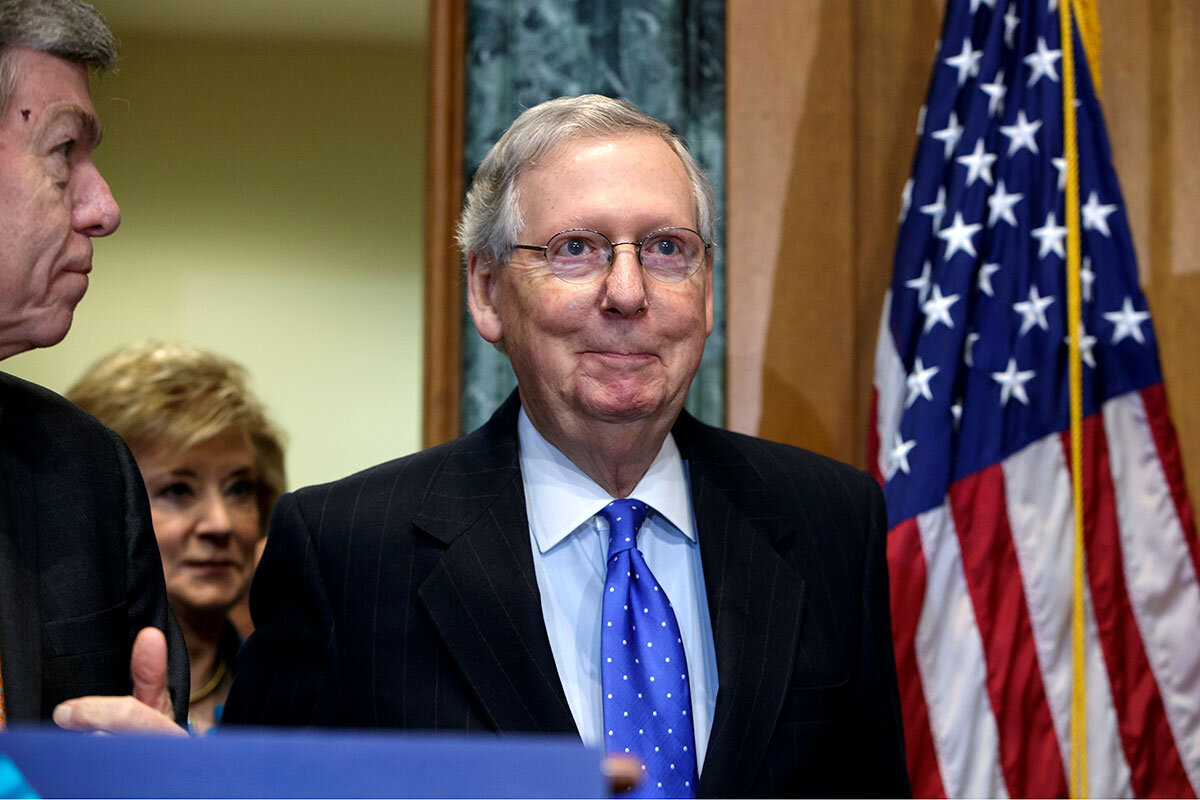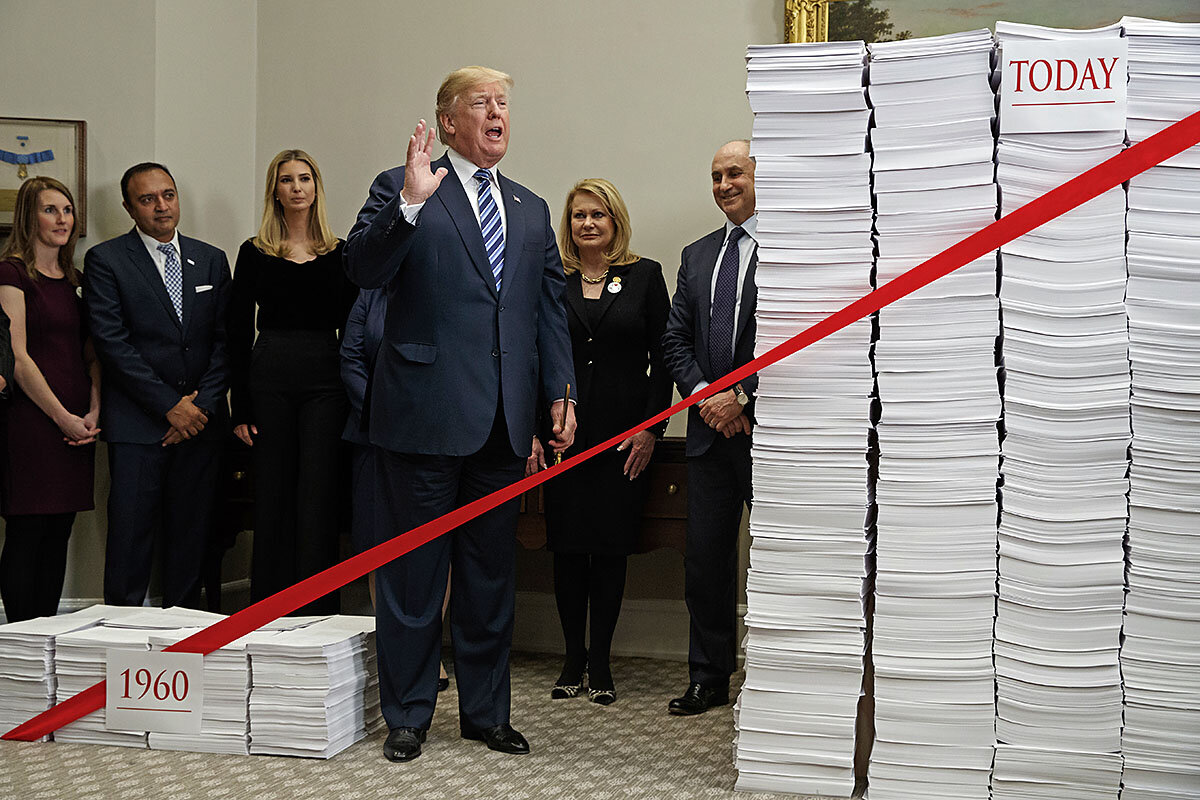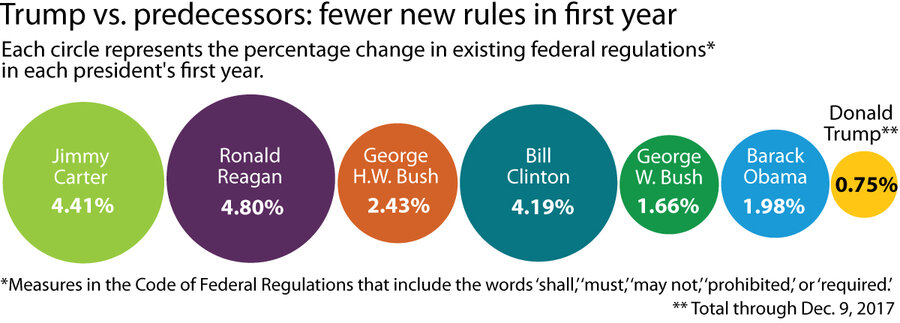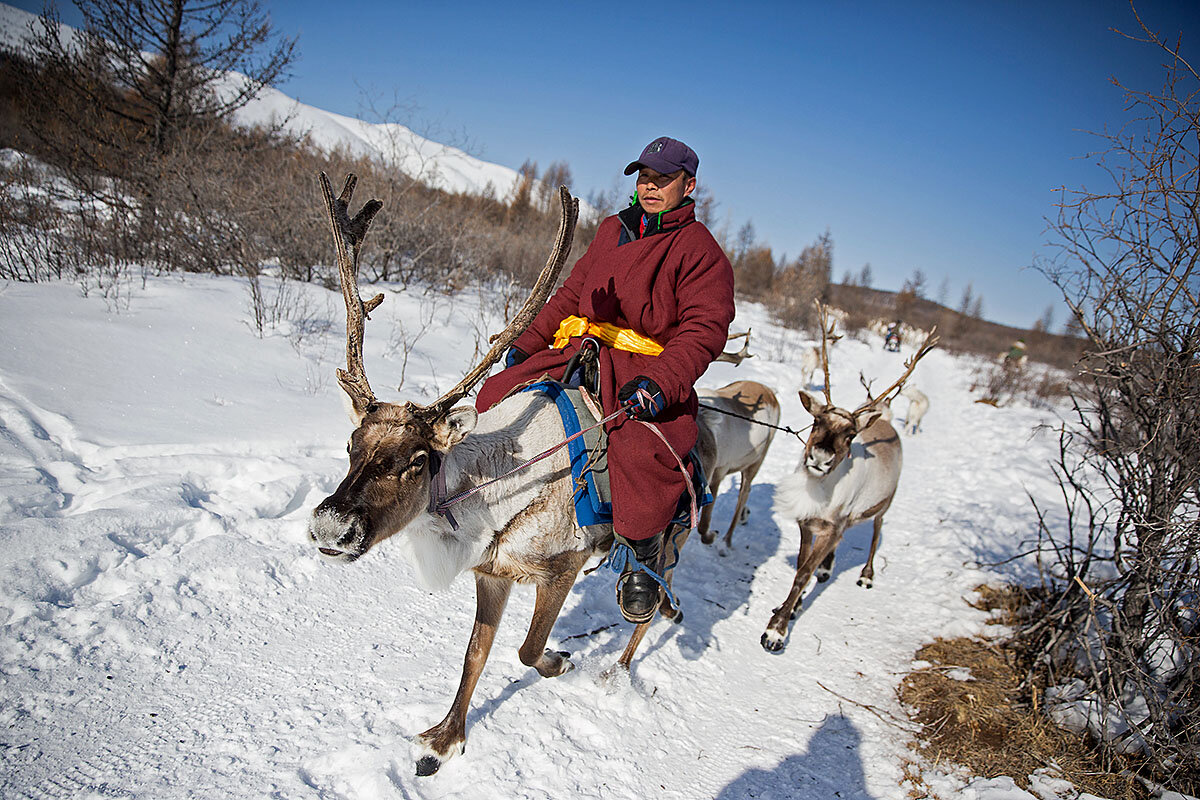Leaders of the Islamic Republic made a lot of assumptions about rank-and-file Iranians, it turns out, that are now emphatically proving to be untrue. This is a story about the public pressure that can build over decades of promises unfulfilled.
Monitor Daily Podcast
- Follow us:
- Apple Podcasts
- Spotify
- RSS Feed
- Download
 Clayton Collins
Clayton Collins
Sometimes good news deserves a harder look, too.
You don’t need to have just endured a “bomb cyclone” to be cheered by actions to reduce carbon emissions, widely held to be at least one factor in the climate change behind extreme weather.
The new year brought a new emissions tax in China, aimed at mitigating the effects of rapid industrialization. In its bid to become a green leader, China has taken a range of aggressive steps, including ending its handling of many of the world’s recyclables (it says it found hazardous waste in too many of them).
But China took in more than half of the world’s plastic last year. So as with Beijing’s recent ivory ban, which critics say will just push the illegal trade to harder-to-police hubs in Laos and elsewhere, the ripples of nice-sounding moves sometimes only amount to displacement.
I caught the Monitor’s Michael Holtz in Beijing just before he went to bed. Yes, “while China is closing many of its own coal-fired power plants,” he pointed out, “it also has plans to build new ones overseas.”
That’s social responsibility tempered by global economic competitiveness. Is the grass-roots thinking among those in China’s rising generation any different? Michael’s roommate had just shown him a new app that monitors socially responsible behavior – using bike shares, taking receipts by email, repurposing rather than discarding. Get points, and the app arranges for a tree-planting on your behalf.
That’s personal – and global.
Now to our five stories for today, intended to rise above the daily churn to focus on understanding the needs and motives of others – as well as our own.











